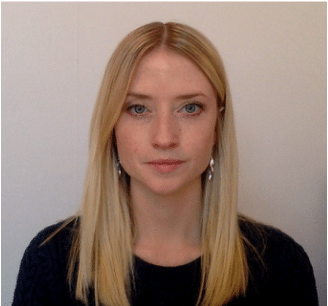Alternative methods of justice, such as Truth and Reconciliation Commissions and amnesties, have been used in the aftermath of several conflicts, including in the wake of Apartheid. Such mechanisms are sometimes described as tools of ‘transitional justice’ that are either especially suited to, or demanded by, the circumstances that arise after periods of extreme violence and unrest.
But their use is both theoretically and practically controversial. On a theoretical level, TRC’s and amnesties raise questions about the rights of victims to criminal prosecution, and about legal jurisdiction over wrongdoing that reaches the level of a crime against humanity. On a practical level, TRC’s seemingly offer a more efficient way of uncovering the truth about wrongdoing than protracted legal proceedings. But, there is a growing body of critical commentary that argues that, at least in South Africa, the TRC failed in its aims of facilitating reconciliation.
I plan to investigate two related questions:
- How should we allocate legal jurisdiction over crimes against humanity?
- What is the moral status of alternative mechanisms of justice, such as amnesties and Truth and Reconciliation Commissions?
I am especially interested in whether such transitional justice is a genuine form of justice, or a ‘second best’ approach to justice warranted by the political demands of reconstruction and peace-building.

